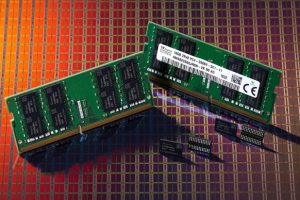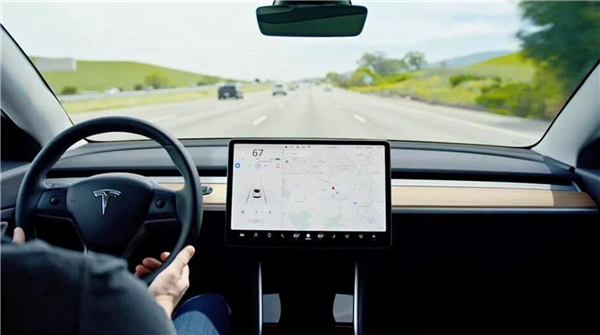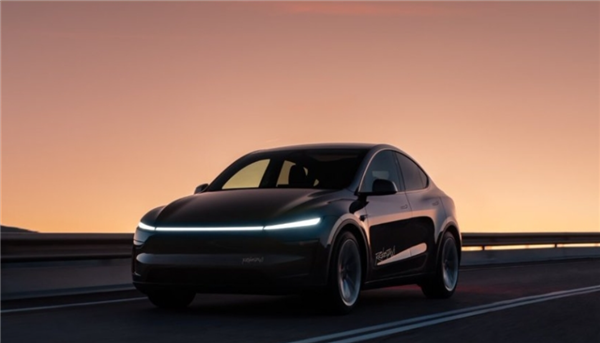October 14, 2024 – The 90th edition of the Paris Mondial de l’Automobile is set to take place at the Paris Expo Porte de Versailles from October 14th to 20th. As the world’s first auto exhibition, dating back to 1898, its influence in the industry is unquestionable.
Looking back at the Paris Auto Show two years ago, many multinational automakers from countries like Germany, the United States, and Japan were absent, with French brands dominating the event. However, Chinese automakers such as BYD and Great Wall Motors breathed new life into the show with their displays of new energy vehicles.
One of the most significant changes at this year’s Paris Auto Show is the notable increase in participating manufacturers. The event has attracted most of the world’s mainstream automotive brands, with several important global debuts of new models.

According to the official website of the Paris Auto Show, this year’s exhibitor list includes French brands like Peugeot, Citroen, and Renault, as well as multinational automakers such as Volkswagen, Audi, Skoda, BMW, Stellantis, Hyundai Kia, and Tesla. Additionally, Chinese automakers including BYD, Hongqi, GAC Group, SAIC Maxus, Dongfeng Fengxing, AITO, XPeng, Leapmotor, and Skyworth will also make their appearance at the show.
It’s worth noting that Chinese automakers have surpassed other countries in terms of participation, outnumbering even last year’s Munich Auto Show, making them one of the focal points of this year’s Paris event. Although European consumers’ awareness of Chinese brands still needs to be raised, the Paris Auto Show serves as a crucial window for showcasing Chinese automotive brands to the European market.
Despite this positive momentum, the expansion of Chinese brands in the European market faces challenges. On October 4th, EU member states formally decided through voting to impose anti-subsidy tariffs of up to 35.3% on Chinese-made electric vehicles, in addition to the existing 10% tariff, for at least five years. The decision is scheduled to take effect at the end of October. Specifically, Tesla will be subject to an additional tax of 7.8%, while BYD, Geely, and SAIC will face anti-subsidy tariffs of 17%, 18.8%, and 35.3%, respectively. Other electric vehicle manufacturers not sampled separately will be required to pay an additional tax of 20.7%.
Although the increased tariffs will make it more difficult for Chinese electric vehicle manufacturers to enter the European market, Europe remains a critical region for Chinese automakers with globalization ambitions. Executives from SAIC and Geely have previously stated that tariff barriers will not shake their determination to expand into the European market.












